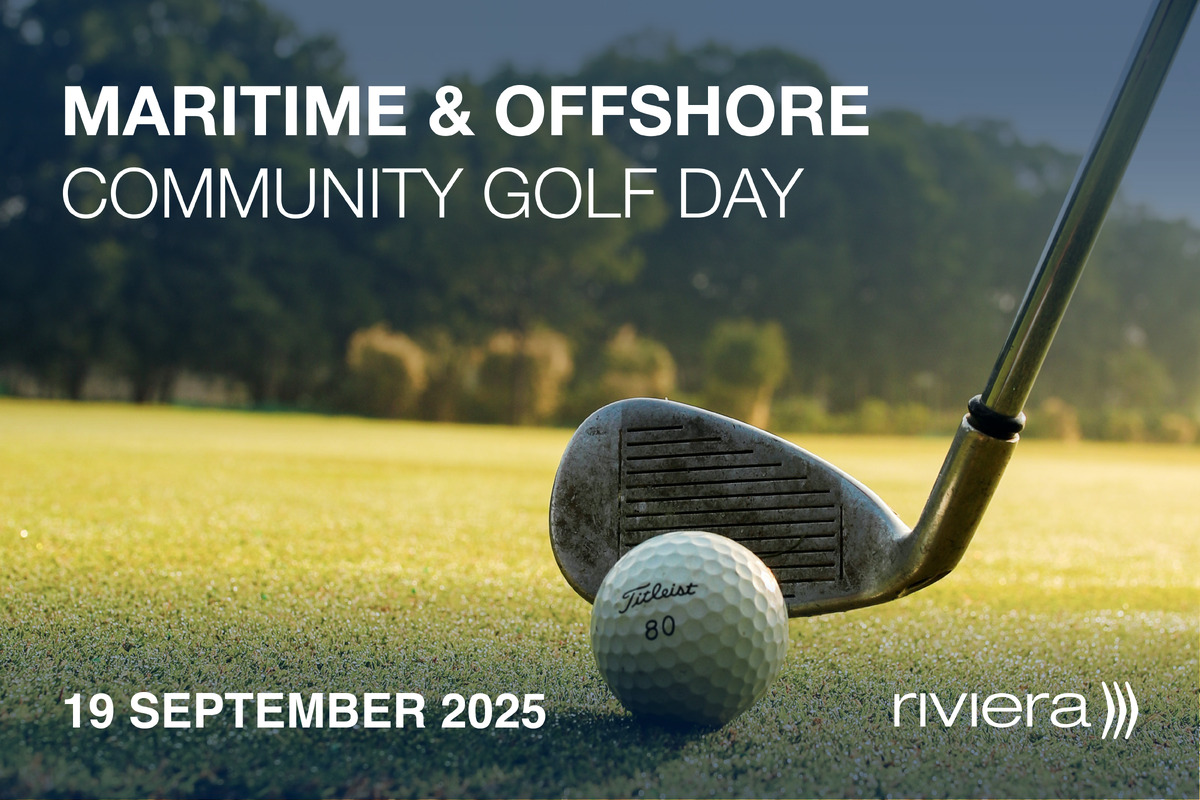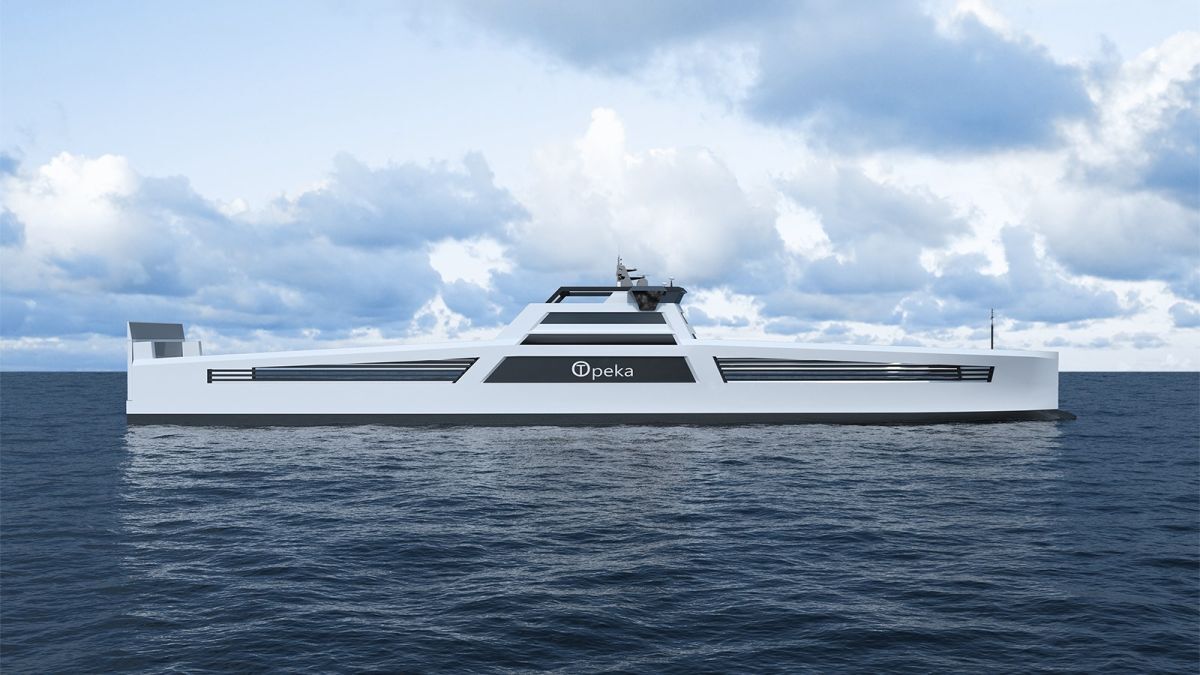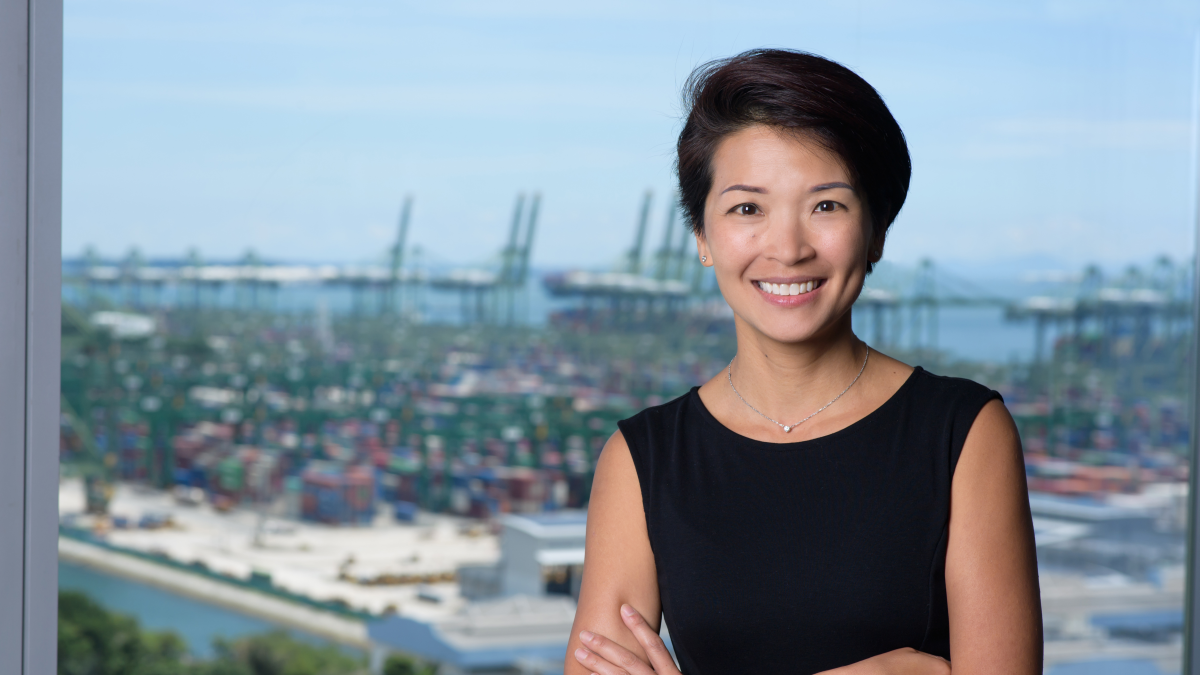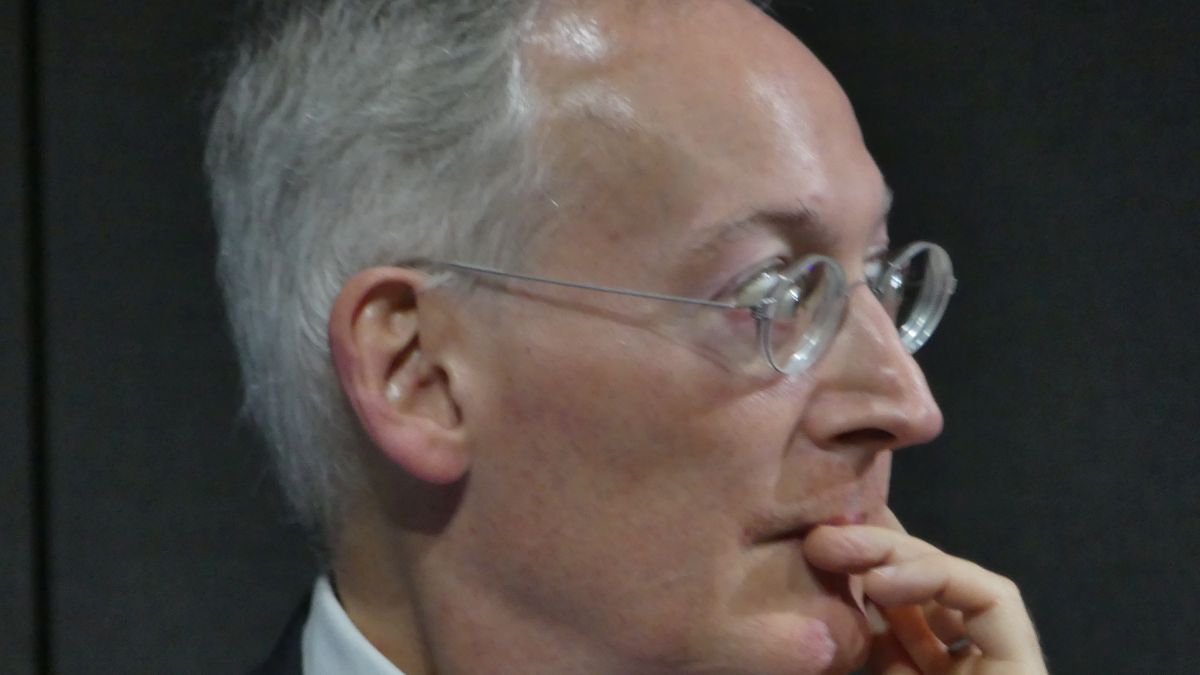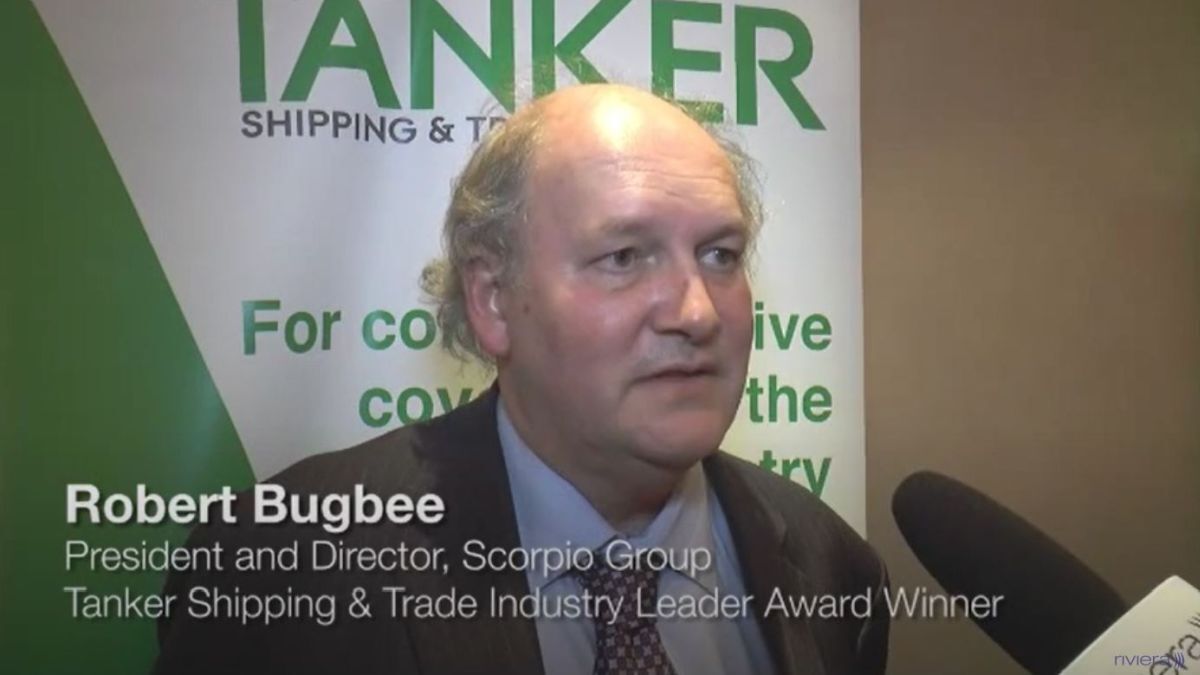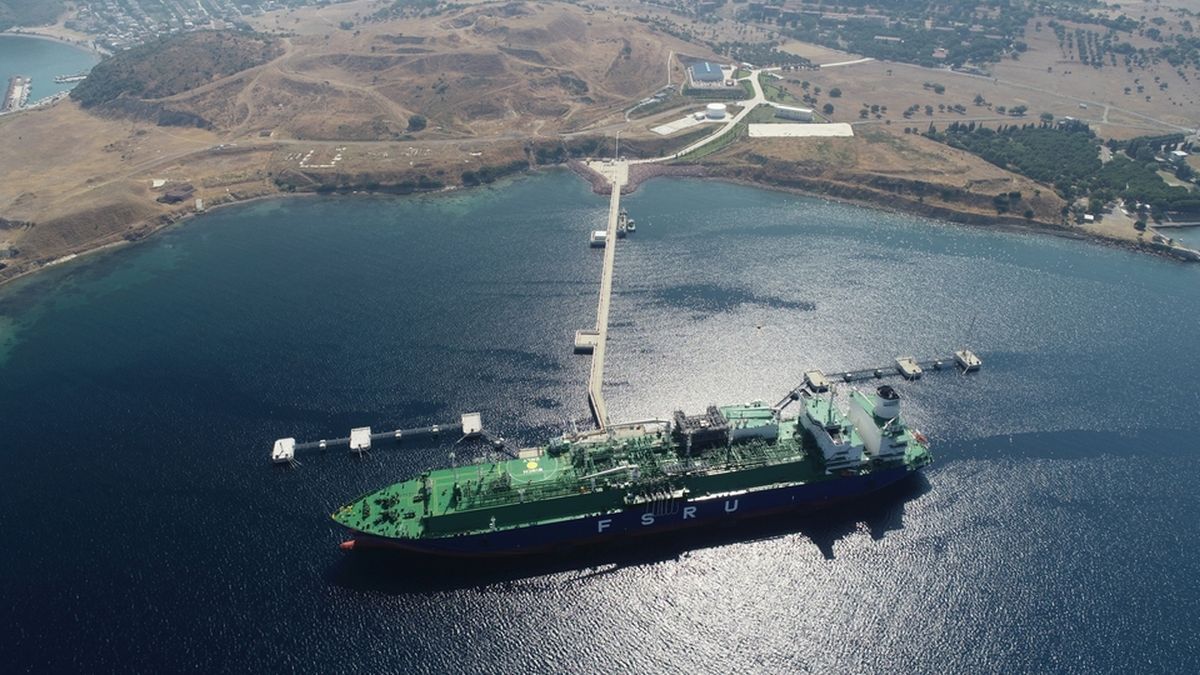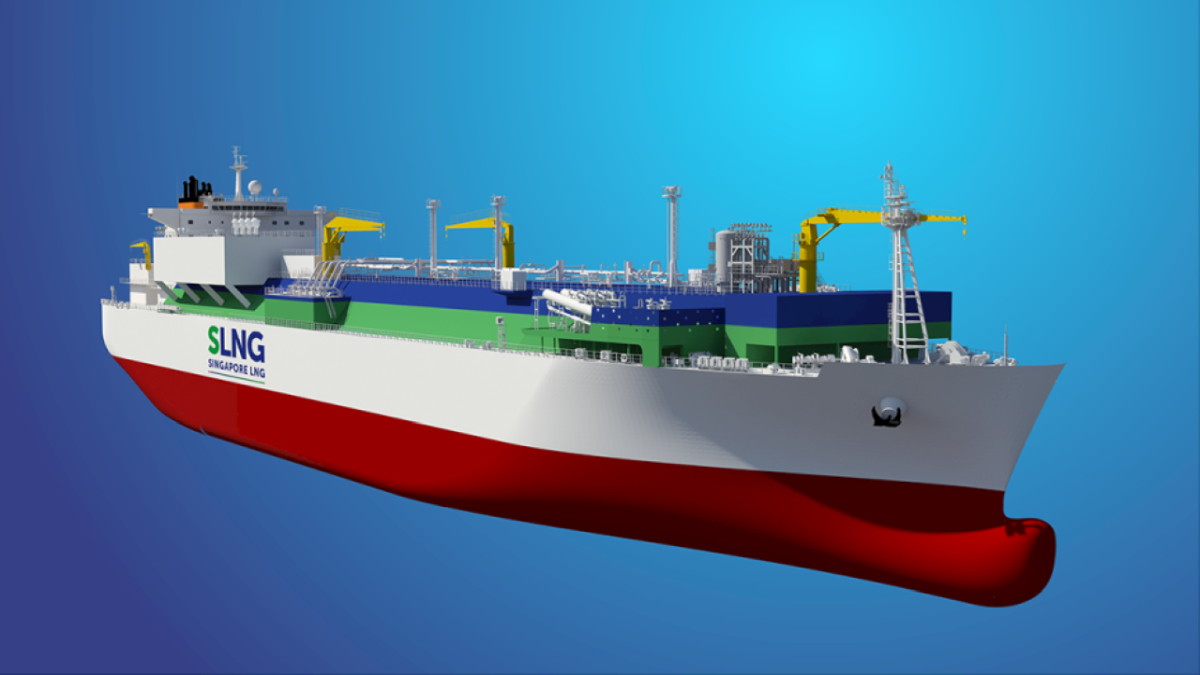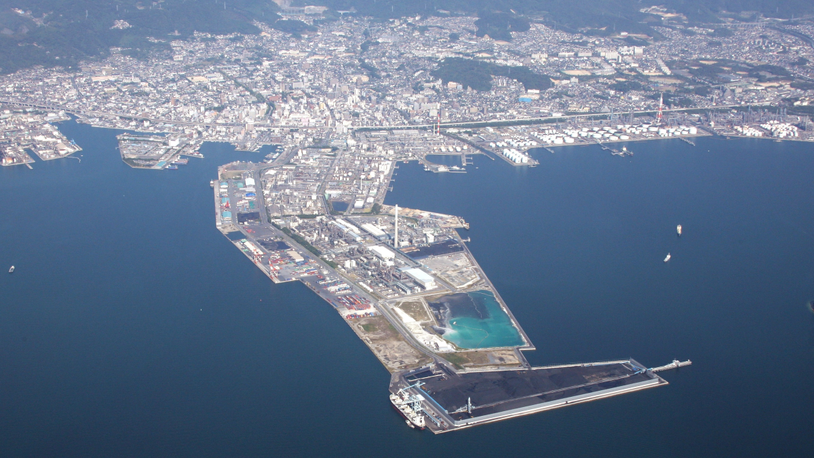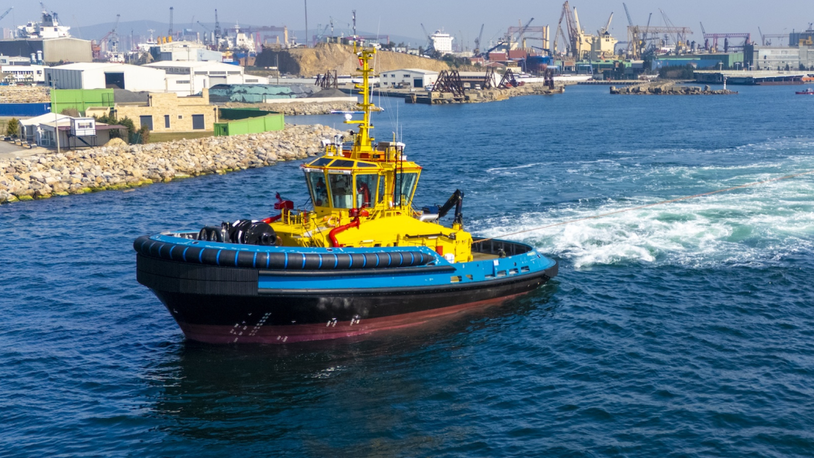Business Sectors
Contents
Singapore shipmanager at the forefront of sustainability
Wilhelmsen Ship Management is headquartered in Singapore and has been a leading light in the local marine community’s drive for a sustainable and emissions-free future
“Singapore has the goal of being the centrepoint of decarbonisation in shipping,” says Wilhelmsen Ship Management president and chief executive officer Carl Schou.
“The Group is currently involved in three separate projects concerning vessels fuelled by hydrogen,” says Mr Schou. “We expect the first hydrogen-fuelled vessel will be launched in 2023/2024. Wilhelmsen will be managing the vessels.”
The management of the hydrogen-fuelled vessels, including crew and technical management, will be handled by Wilhelmsen Ship Management (WSM). Managing a hydrogen-powered vessel would require a change in human behaviours and processes to address potential safety issues when handling the new bunkers and/or cargo. The scale of the hydrogen-fuelled projects will be relatively small given that there is no infrastructure currently in place.
An example is the Topeka project, led by the Wilhelmsen Group. The aim is to construct the world’s first zero-emissions hydrogen vessels. The Topeka project has been awarded Nkr21M (US$25M) by the Norwegian Government-owned organisation Enova. These funds will enable Wilhelmsen to further develop the technology and additional infrastructure required to support the maritime industry’s ambitions towards zero-emissions fuels.
The Topeka project revolves around the construction of two roro vessels servicing the shortsea segment. The vessels will, among other tasks, move goods between offshore supply bases along the Norwegian west coast. In addition, the Topeka vessels will transport hydrogen to different filling stations where local ferries and other vessels, as well as land transport, will have hydrogen as a ready-to-use fuel.
Topeka will be built for zero emissions through a combination of 1,000-kWh battery capacity and a 3-MW proton exchange membrane hydrogen fuel cell. Hydrogen will be sourced from the LH2 production plant planned at Mongstad outside Bergen by BKK, Equinor and Air Liquide.
“The vessels will be managed partly by a control centre and partly by the people on board,” says Mr Schou. Given the desire of the Singapore authorities to drive the decarbonisation of shipping, it is likely similar projects will emerge in Singapore, and WSM will be well placed to manage those, too. “The (Wilhelmsen) Group has said it wants Singapore to be the spearhead for decarbonisation knowledge in Asia, and Singapore will definitely capitalise on the knowledge which is gained in Norway through these development projects,” says Mr Schou.
“Simultaneously, we are building up a hydrogen consultancy team where we can pass on the knowledge we have gained,” says Mr Schou. Which brings in the other development undertaken by Wilhelmsen. In January 2021, it became a member of the Sustainable Shipping Initiative (SSI), which is an alliance of key organisations that is driven to bring change to a more sustainable maritime industry.
The SSI was one of the pressure groups that in 2016, urged IMO to apply greenhouse gas (GHG) emissions reduction targets to shipping. As a member of SSI, WSM will participate in working groups on issues relevant to the Roadmap’s six vision areas: Oceans, Communities, People, Transparency, Finance and Energy.
At the time Carl Schou said, "We look forward to deepening our sustainability priorities and making a bigger impact through the SSI platform. We hope to work collectively together with other forward-leaning members in SSI to impart values in the shipping industry."
During January 2021, the Maritime and Port Authority of Singapore (MPA) vaccinated 10,000 key workers handling ships and cargo, and this has been extended throughout the industry. “Very early on in the Covid crisis, Singapore identified the maritime industry as essential for the country and the economy. Not only have the port workers been vaccinated, but a large part of the maritime cluster who is in contact with vessels here has also been vaccinated already. The level of infection in Singapore is extremely low compared to many other countries around the world ,” says Mr Schou.
As one of the leading shipmanagement companies, WSM was impacted by the Covid-19 coronavirus pandemic, but its own Covid-19 protocols are actually more stringent than that of the local authorities.
Like many companies, WSM has been considering the short and long-term implications of environmental, governance and social (ESG). The social element is the cornerstone of WSM operations. “The Covid-19 crisis is possibility the toughest crisis in our generation. The impact caught everybody by surprise and is unprecedented. I would say the biggest impact of this to ship management is carrying out crew changes,” says Mr Schou.
He adds, “If one can say that something positive has come out of this crisis, it is that crew welfare is now an international concern. However, it’s a shame that we needed a pandemic to get the spotlight on crew welfare. The pandemic has given us the possibility to relook at how we are doing business.”
“In one way this has been a jolt – shaking the very foundation of how and what we are doing. It has made the industry look again at crew welfare and has triggered a number of areas of improvement,” comments Mr Schou.
WSM has been in discussions with ratings companies regarding ESG. “It is something we are considering seriously. There is IMO 2030, the EEDI index and now ESG,” says Mr Schou.
For WSM, emissions-free shipping, decarbonisation, ESG and sustainability are all part of the same theme. WSM is one of the few ship managers to issue a sustainability report and has established a companywide guiding principle that aims to empower all employees towards UN sustainable development goals.
’Performance with Care’ is the guiding WSM principle with the objective of being a responsible ship manager that incorporates three pillars of focus into their operation – People, Environment, and Trade and Customer. A dedicated team has been established to steer the programme within Performance with Care throughout the organisation.
In this respect, one of WSM’s sustainability initiatives was to educate seafarers that safe drinking water is available from the freshwater dispensers located around a ship, and that safe water did not only mean water in a plastic bottle. By giving seafarers their own steel bottle, WSM calculates this saves around 10,000 plastic bottles per ship per year.
Riviera’s Marine Fuels Webinar Week begins 8 March 2021 - use this link for more details and to register for the free 45-minute webinars
Related to this Story
Events
Maritime & Offshore Community Golf Day 2025
Offshore Wind Webinar Week
Maritime Decarbonisation, Europe: Conference, Awards & Exhibition 2025
Offshore Support Journal Conference, Americas 2025
© 2024 Riviera Maritime Media Ltd.
